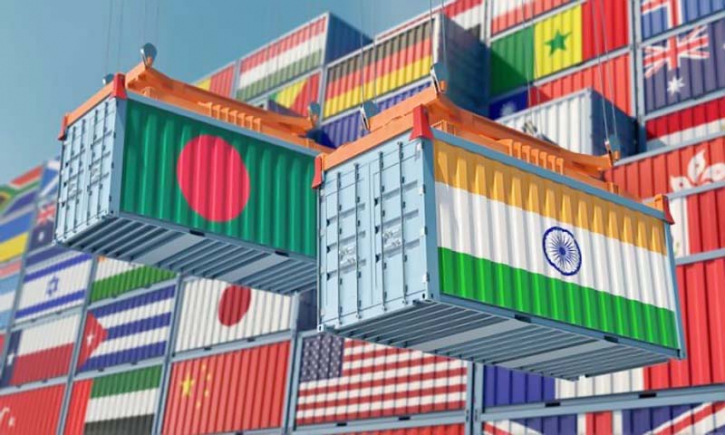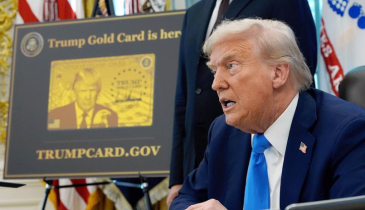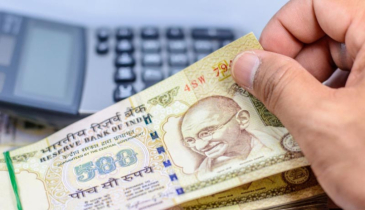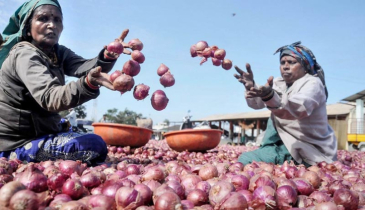India to relax commodity export restrictions for Bangladesh

India has pledged to ease export restrictions on essential commodities, including sugar, onions, rice, and wheat, for Bangladesh, as confirmed by Indian Premier Narendra Modi during a conversation with Bangladesh Prime Minister Sheikh Hasina.
Bangladesh's State Minister for Commerce Ahsanul Islam Titu shared this informetion during a briefing at the Secretariat, stating that Prime Minister Sheikh Hasina conveyed the message from her conversation with Prime Minister Modi during an informal cabinet meeting in Tungipara, Gopalganj.
On January 8, Narendra Modi congratulated Sheikh Hasina on her historic fourth consecutive term victory in the national elections and discussed various bilateral issues during their telephone conversation.
Consumer goods, particularly onions, are frequently imported from India, and Minister Titu expressed his intention to hold a meeting with the Indian commerce minister to ensure a stable domestic market. He emphasized the importance of regular imports from India to maintain normal market conditions in Bangladesh.
Bangladesh heavily relies on India for the import of various consumer goods, with around 80% of products like rice, wheat, onions, and potatoes being sourced from India. Any export restrictions imposed by India can lead to immediate price increases in the Bangladesh market. To mitigate this, Bangladesh has requested specific import quotas from India, including 1.5 lakh tonnes of rice, 20 lakh tonnes of wheat, 10 lakh tonnes of sugar, 6 lakh tonnes of onions, 1 lakh tonnes of ginger, and 50,000 tonnes of garlic annually.
While India has assured Bangladesh about these quotas, it has also implemented export restrictions on wheat, rice, sugar, onions, and potatoes to stabilize its own domestic market.
.png)









